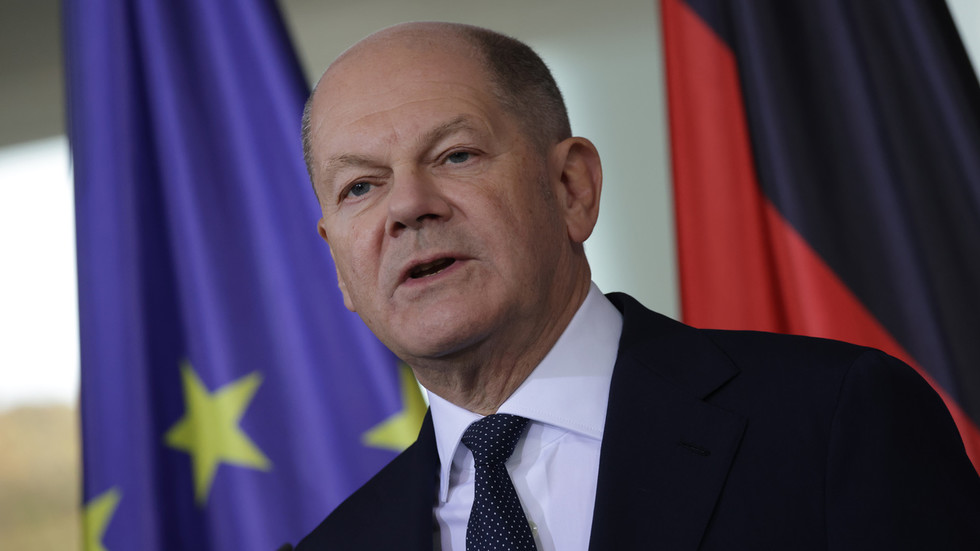In a significant political upheaval in Germany, Finance Minister Christian Lindner was dismissed by Chancellor Olaf Scholz, marking a pivotal moment in the country’s ruling coalition’s efforts to address budgetary challenges and provide support to Ukraine. The dismissal stemmed from a broader disagreement within the coalition, which includes the Social Democrats, the Greens, and Lindner’s pro-business Free Democratic Party (FDP). Scholz emphasized that Lindner’s refusal to back a budget proposal aimed at increasing aid to Ukraine was a key reason for the collapse of the coalition. During a press conference, Scholz articulated that he sought to prevent further damage to the nation, making it clear that Lindner’s stance was untenable given the pressing need for affordable energy, job security in the automotive sector, and increased investment in Germany.
The rift between Scholz and Lindner escalated following a coalition meeting where they struggled to find consensus on addressing a significant budget shortfall for the upcoming year and reviving the faltering economy. Scholz’s proposed plan included measures to enhance energy affordability, job retention, and attract investment to Germany, with a notable emphasis on increasing support for Ukraine, especially as the country approaches a harsh winter. Scholz underscored the importance of projecting reliability on the global stage, particularly in light of past political events, such as Donald Trump’s presidency, which had raised concerns about Germany’s commitment to its allies.
In dismissing Lindner, it became evident that Scholz was signaling a shift in the coalition’s priorities and adopting a more assertive stance on financial commitments to both domestic economic issues and international responsibilities towards Ukraine. Lindner’s withdrawal from the coalition meetings, alongside the exiting of other FDP ministers, illustrated a fundamental breakdown in cooperation among coalition partners. Scholz’s determination to move forward without Lindner reflects his belief in the urgency of addressing Germany’s economic and geopolitical challenges.
The fallout from this political crisis positioned Scholz at the helm of a minority government, leading to speculation about impending elections. He called for a vote of confidence in mid-January, suggesting that a snap election might be on the horizon in March, contingent on support from remaining coalition partners or alternative political factions. Lindner’s previous requests to limit military assistance to Ukraine due to budgetary constraints further exacerbated tensions, indicating rifts not only within the ruling coalition but also in Germany’s broader approach to foreign aid and defense.
As the situation unfolds, it highlights the contrasts in priorities among coalition parties regarding financial and military aid to Ukraine. Lindner’s claims of budgetary difficulties appear to clash with Scholz’s view that Germany has a moral and strategic obligation to support Ukraine, particularly as the conflict with Russia continues unabated. The reduction of German financial assistance to Ukraine, which has decreased from €7.5 billion in 2024 to €4 billion anticipated for 2025, suggests a tightening of resources at a time when ongoing military support is deemed critical by the Ukrainian government and its allies.
Russia has repeatedly criticized the West’s military support for Ukraine, framing it as a futile attempt to prolong the conflict while burdening taxpayers. The divergent perspectives within Germany’s political landscape, coupled with external pressures, will likely shape not only the future of the coalition government but also Germany’s role and commitment to international partners amidst ongoing global tensions. Moving forward, the implications of these internal disputes extend beyond domestic politics, potentially impacting European solidarity and responses to crises in Ukraine and beyond.

